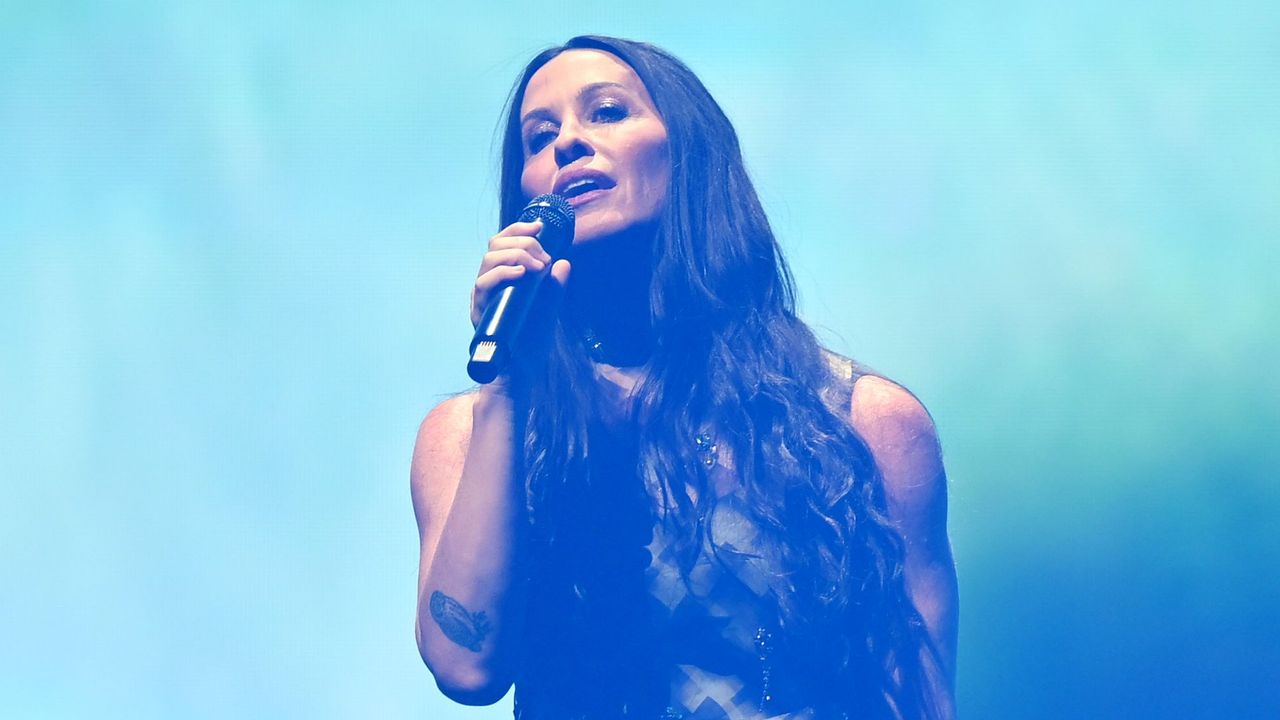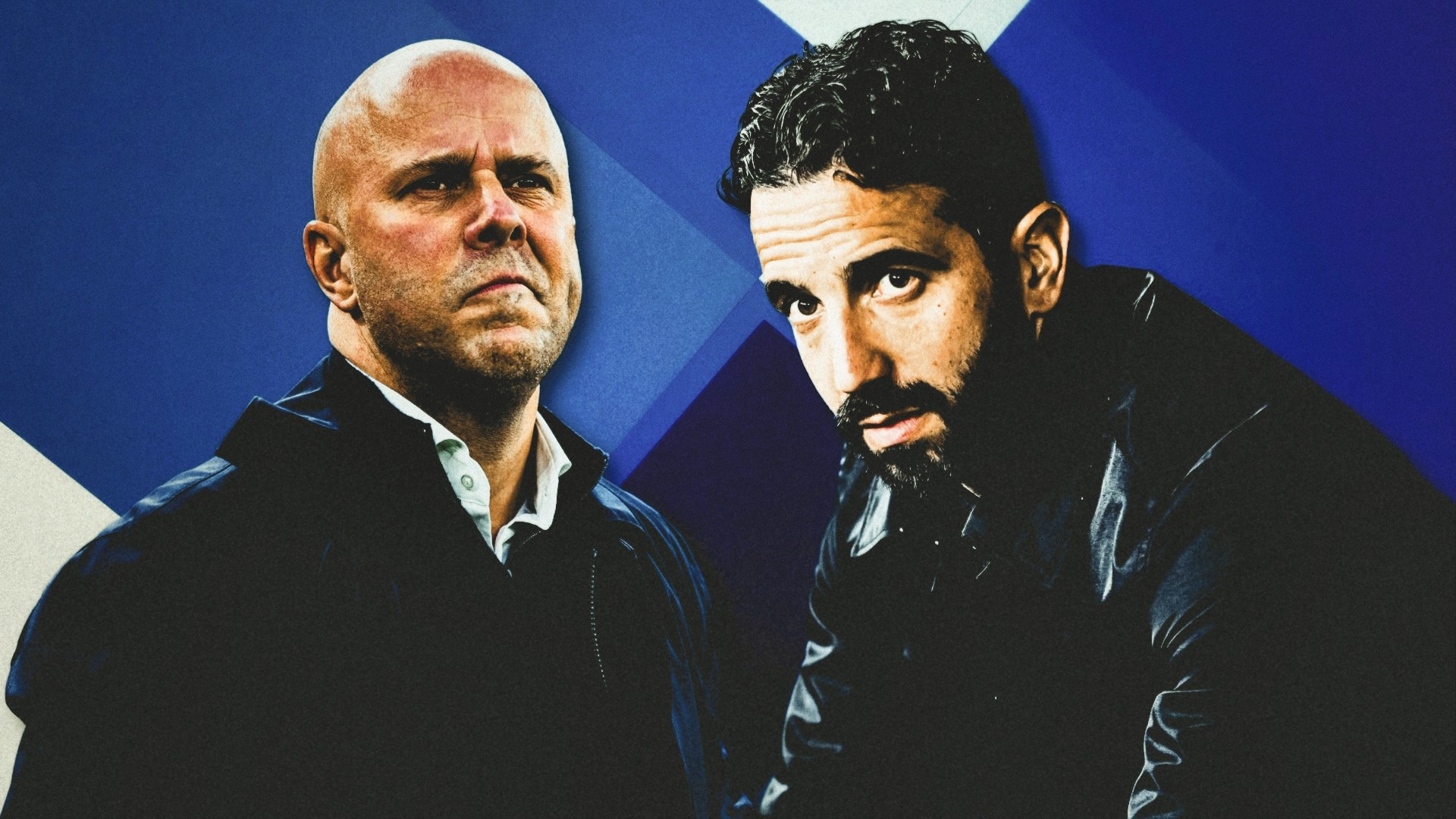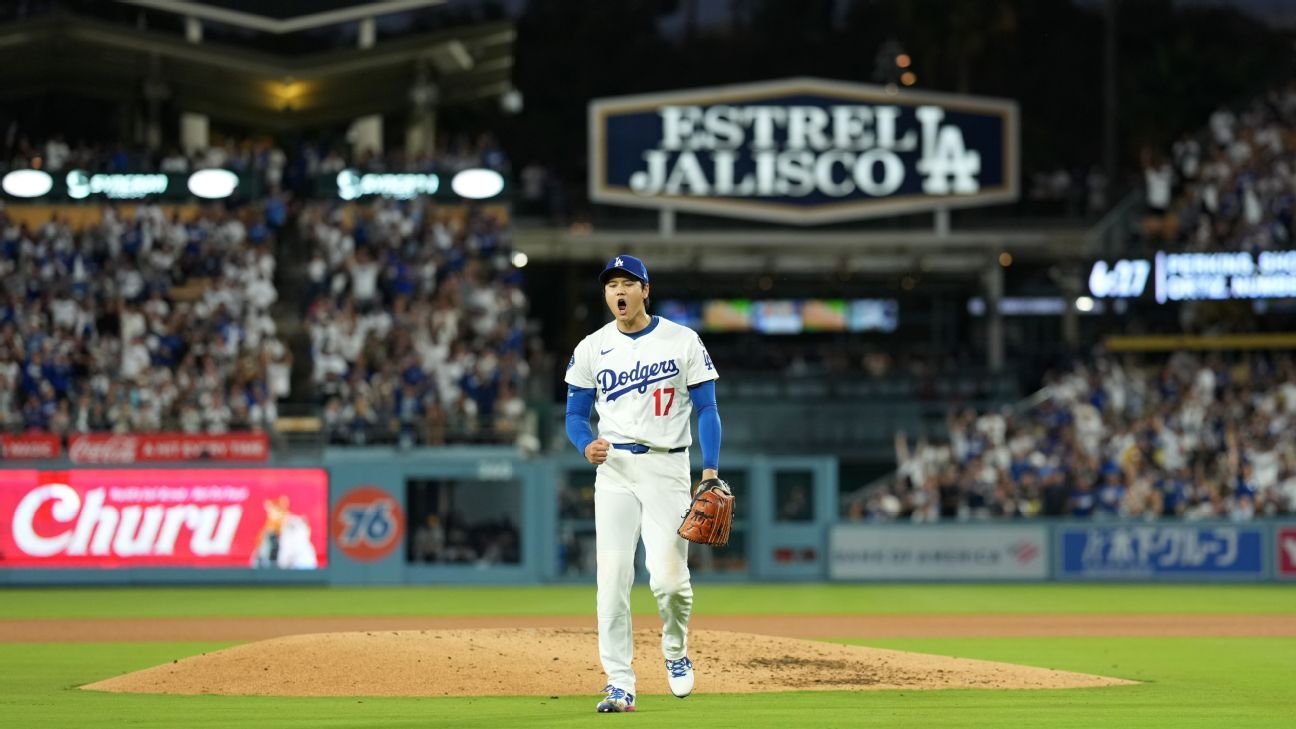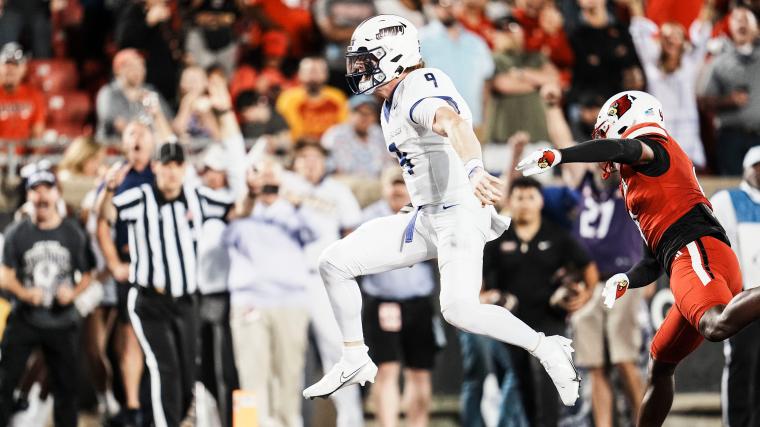
Thinking about how to stop sugar cravings? Well, there’s something deeply persuasive about sugar in the morning. The brain doesn’t need time to rationalize it—it’s already halfway to the fridge. For many of us, craving sugar appears even before caffeine does—biscuits with our matcha, toast with jam, a compulsive need to finish the cereal box before 8 a.m.
But these morning sugar cravings aren’t just emotional or habitual. They’re most likely biological. Understanding what’s going on behind the scenes—while you’re still half-asleep—can help you rewire the craving without cutting out flavor or joy.
Your body wakes up looking for fuel—enter sugar
Cortisol, the so-called stress hormone, spikes naturally between 6 a.m. and 9 a.m. as part of your circadian rhythm. It’s what helps you wake up and feel alert. But it also raises blood glucose levels, temporarily. That’s because cortisol stimulates gluconeogenesis, the production of glucose from non-carbohydrate sources in your liver. This rise helps fuel your brain after a long overnight fast.
But the effect is short-lived. If you don’t eat soon after waking, you may experience a blood sugar dip as insulin kicks in. That dip can trigger fatigue, irritability, and—you guessed it—craving sugar in the form of quick energy, like refined carbs.
When blood glucose drops, your brain looks for quick solutions. Sugar is the fastest energy source it recognizes. Add in high cortisol and an empty stomach, and your body is essentially asking: “How do I stabilise myself, fast?”
A 2021 study found that cortisol not only increases appetite, but also specifically alters taste perception and reward pathways related to food, leading to cravings for highly palatable, calorie-dense items. The effect is more pronounced when your stress levels are already high or your sleep quality is poor, both common culprits for early morning sugar pangs.
Your sugar cravings aren’t just your hormones; it’s how your brain works under stress
The brain under high cortisol favors glucose. In fact, one study found that stress and elevated cortisol can lead to stronger food-seeking behavior, particularly for energy-dense items like sugar. This behavior is part of an evolutionary survival mechanism, where your brain is trying to prepare for perceived threats by stocking up on fast energy.
Translation: Your morning pastry is an emergency protocol.
What to eat instead (without crashing later)
Considering how to stop sugar cravings? You don’t have to cut sugar out completely. But stabilizing your blood sugar earlier can reduce those reactive cravings and prevent a mid-morning slump.
#Youre #Craving #Sugar #MorningAnd #Hack






